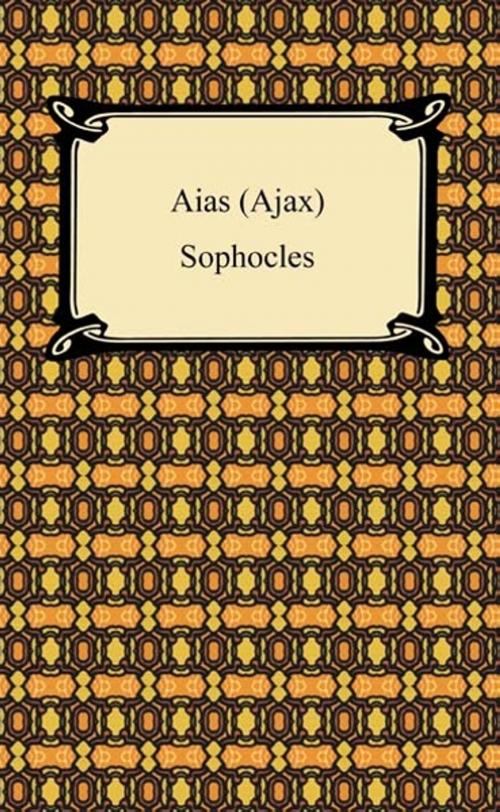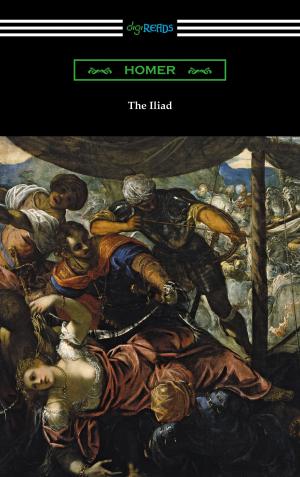| Author: | Sophocles | ISBN: | 9781420936650 |
| Publisher: | Neeland Media LLC | Publication: | December 15, 2009 |
| Imprint: | Digireads.com Publishing | Language: | English |
| Author: | Sophocles |
| ISBN: | 9781420936650 |
| Publisher: | Neeland Media LLC |
| Publication: | December 15, 2009 |
| Imprint: | Digireads.com Publishing |
| Language: | English |
The oldest surviving play of the great Greek tragedian Sophocles, "Aias" or "Ajax" unfolds the destiny of the warrior Aias after the Trojan War. He is infuriated with the Greek leaders for awarding the armor of Achilles to Odysseus, and he vows to kill them in his vengeance. When he attempts to seek his revenge, however, the goddess Athena interferes, leading him into disgrace. Determined to end his own life, Aias disregards the pleading of his wife and gives a stirring final speech before committing suicide. What follows is the question of his burial: does he deserve respect in death for leading an otherwise noble life?
The oldest surviving play of the great Greek tragedian Sophocles, "Aias" or "Ajax" unfolds the destiny of the warrior Aias after the Trojan War. He is infuriated with the Greek leaders for awarding the armor of Achilles to Odysseus, and he vows to kill them in his vengeance. When he attempts to seek his revenge, however, the goddess Athena interferes, leading him into disgrace. Determined to end his own life, Aias disregards the pleading of his wife and gives a stirring final speech before committing suicide. What follows is the question of his burial: does he deserve respect in death for leading an otherwise noble life?















